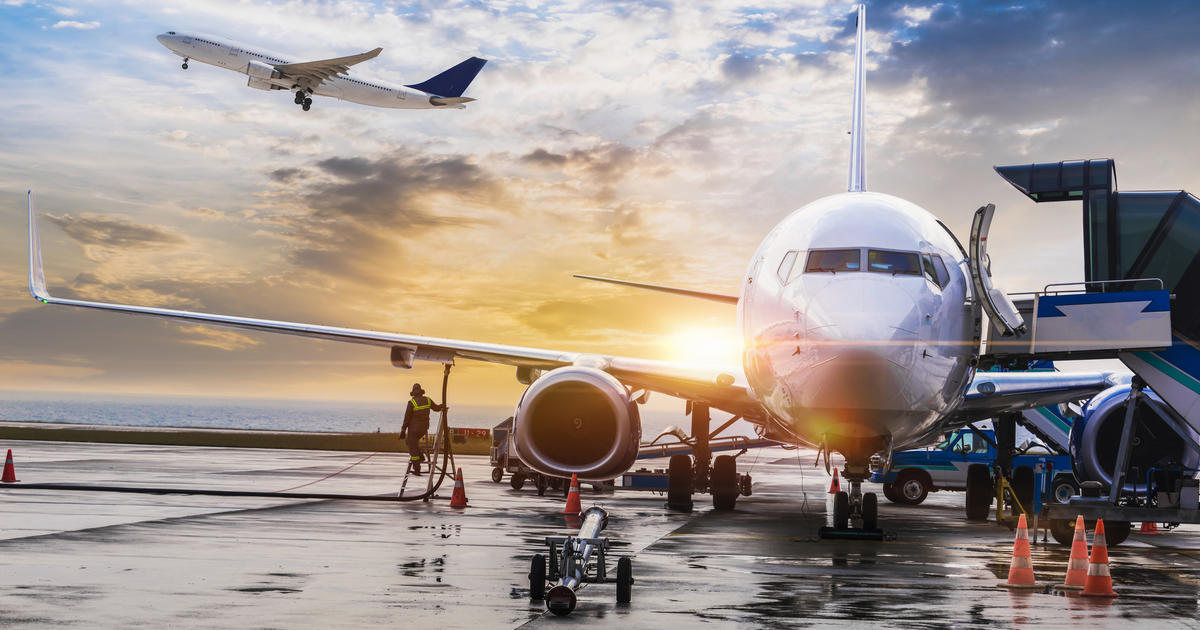An increasing amount of company data from the aviation industry is showing the extent to which global aerospace and aviation is bearing the brunt of the coronavirus pandemic. In a recently issued statement, Airbus has called the pandemic the “gravest crisis the aviation industry has ever experienced.”
Airbus’ worries are being reflected in its commercial aviation segment, where it has witnessed a near 40% drop in recent months. But what is truly frightening is the path to recovery that Airbus envisages. Its statement foresees a recovery of aviation traffic to pre-Covid19 levels only after 2023, and possibly after 2025.
Because of the long path to recovery, Airbus and other aviation giants must now consider structural changes that reflect the decline in air traffic for the foreseeable future. This has translated into announcements of job cuts at staggering levels.
Airbus has announced a cut of 11% of its workforce over the next twelve months, amounting to 15,000 jobs around the world. The cuts are disproportionately in Europe, with 5,000 positions in France, 5000 in Germany, nearly 1000 in Spain, 1,700 in Britain, and another 1,300 positions in the rest of the world. Airbus’ rival, Boeing, had announced a 10% reduction in its workforce through voluntary and involuntary cuts back in April.
Airlines themselves are responding to the pandemic with layoffs as well. Air France has announced 7,500 job cuts by the end of 2022, while Qantas (Australia) has announced 6,000, Delta has 10,000, British Airways 12,000, and Lufthansa has announced a massive 22,000 job cuts. But the largest slasher might be Emirates which, according a Bloomberg report, might slash 30,000 jobs over the next two years.
It should be noted that the aviation industry is an important sector in terms of its economic contribution, not least from an employment perspective, since many of its jobs require technical expertise and are often comparatively higher-wage positions.
Mindful of this, the French government had promised a stimulus of 15 billion Euros for the aviation industry (including Airbus), and 7 billion Euros for Air France itself. The French Economic Minister has urged Airbus to do everything it can to mitigate the announced job cuts. The Ministry has described Airbus’ layoff announcement as “excessive,” but it also acknowledges the recovery can only be gradual.
Yet the second-order effects of the coronavirus pandemic are beginning to mete a severe blow to the sector, especially in terms of the travel restrictions that many jurisdictions are placing. As an example, the EU has just issued a list of countries whose citizens are to be allowed entry in the near future, and the list bars countries such as the United States due to the ongoing contagion.
Given the hardships faced by the aviation industry, even large promised bailouts do not seem sufficient to curtail company decisions to let go of significant portions of their workforce. The question is now whether the downturn will be comparatively short, or prolonged either by a series of shocks and setbacks, or by a sustained and protracted depression. If Airbus is correct to assume that recovery will only occur in the period 2023-25, then one of the most economically-significant industries, global aviation, will add to the litany of cyclical sectors that will be marred by economic depression.
The writer is the Director for Economics and National Affairs at the Centre for Aerospace and Security Studies (CASS). He can be reached at [email protected].





